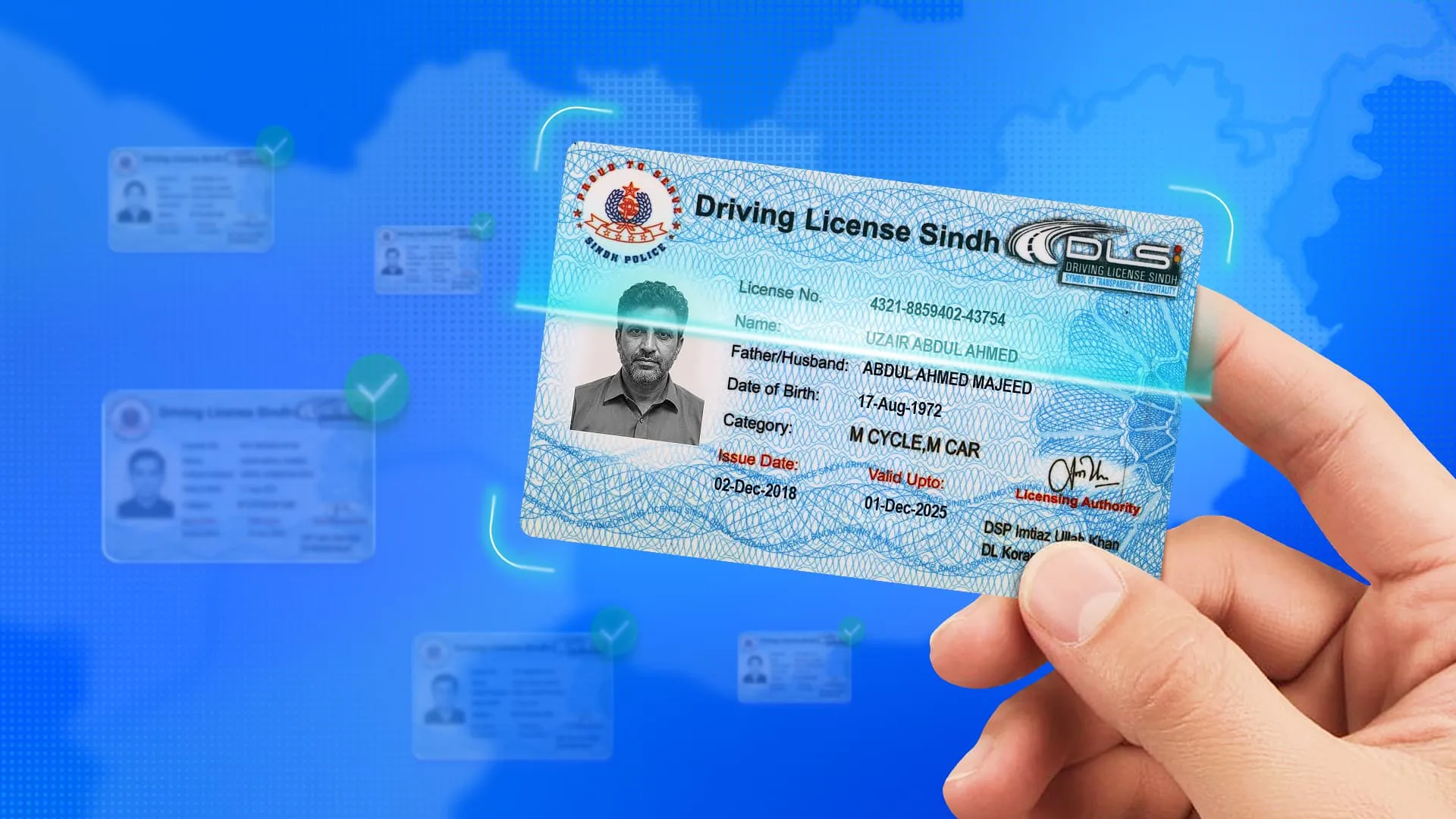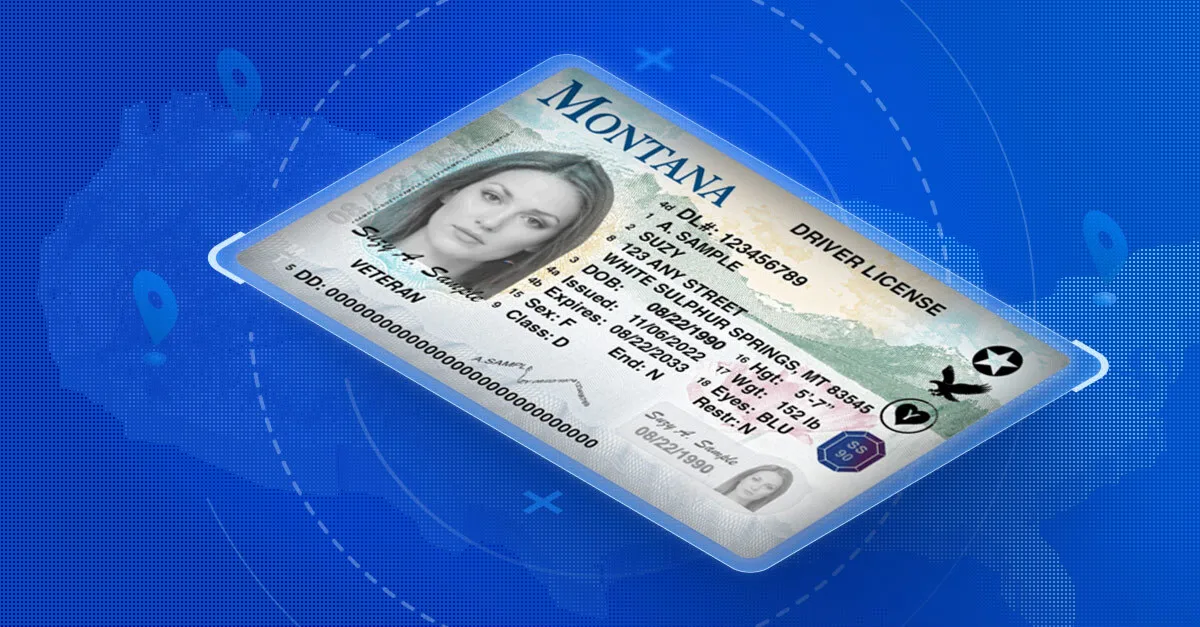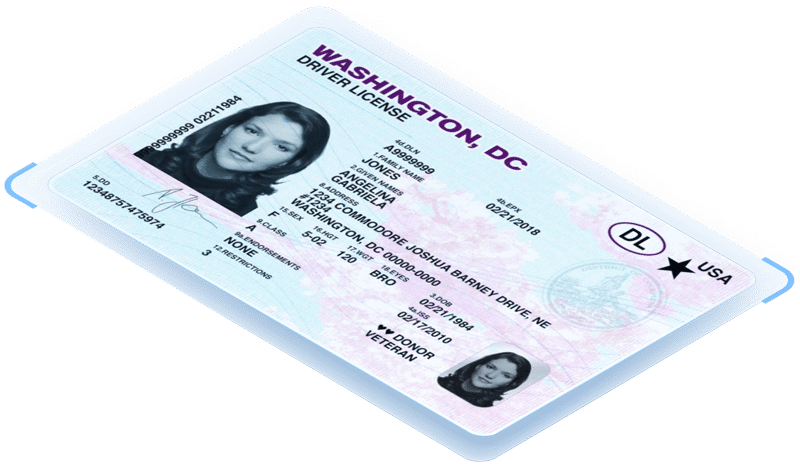If you’ve ever been to a casino, you may have had your ID scanned. Casinos scan IDs to verify identity at a variety of different points:
- Some casinos scan at the door for entry to verify age or keep out self-excluded players
- Some casinos spot-check on the casino floor, with their security teams walking around with a handheld scanner. This can be for age verification or to deter troublemakers who typically prefer to avoid having their ID scanned
- Some casinos only scan at the cage for jackpot collection with form W2-G
- Some casinos only scan at the cage to ensure they aren’t paying out a banned or self excluded gambler
- Some casinos scan IDs to easily enroll customers into loyalty programs or player tracking tools
There are a wide variety of reasons why casinos elect to scan IDs on-site. Here we’ll review each of the primary reasons, and how casinos can improve their identity verification processes no matter why they are scanning IDs.
ID scanning in casinos for player cards and internal marketing
Less stringent when it comes to compliance and legality, casinos often scan your ID simply to create, or reprint, a player card for you. When you sit down at a slot machine or poker table, there is typically a place to provide your player card in an effort to build points, get meal/room comps, etc., but how does ID scanning factor into that?
The data from casino player cards is essential to casino operations, but with labor and staffing challenges plaguing the industry, it’s essential for casinos to optimize their player card processes to increase efficiency and decrease associated labor hours. Employing the use of ID scanning and identity verification can expedite both reprinting and enrollment, ensuring the continued use of existing player cards and increasing sign-ups for new player cards.
ID scanning in casinos for age verification
A core use case for casinos and card rooms is age verification. Casinos often utilize ID scanning software to ensure that all patrons meet the minimum gambling age requirements in the jurisdiction in which they operate.
Every state with legal gaming has a minimum age requirement for patrons, ranging from 18-21.
Occasionally, in certain jurisdictions such as Windsor, Canada, and certain areas of Nebraska, ID scanning is a legal requirement at casino entry points. Anyone who appears under 35 must have their ID scanned before they can enter the casino, which makes the entire property age restricted.
For states where ID scanning isn’t required by law at the entrance, a lot of casinos still choose to spot-check IDs to avoid hefty fines, and potential suspension of their license. A casino in Pennsylvania was fined $10,000 for unknowingly allowing an 18 year old to gain access to the casino floor and gamble while the legal gambling age in Pennsylvania is 21, so casinos take age verification seriously.
ID scanning to keep banned players out of casinos
Casinos also scan IDs to ensure guests are who they say they are. Most casinos maintain internal banned lists of individuals no longer allowed to gamble or be on the property, for card counting, pickpocketing, violence, etc. They may also need to check against state banned lists. By importing these lists into an identity verification platform like VeriScan, casinos can quickly and accurately cross reference names on IDs with said banned list and prevent those individuals from entering the property. In New Zealand any casino that allows banned patrons to gamble also commits an offense and can be fined up to $10,000 and may not be able to renew their gambling license.
ID scanning to identify self excluded players
The same technology that casinos use to check IDs against banned player lists can also be applied to self exclusion lists.
Most states where gambling is legal are required by law to offer voluntary self exclusion for problem gamblers. These lists of self excluded individuals can also be cross referenced, much like the banned lists, during the ID scanning process. This ensures that payouts and jackpots are not paid to self-excluded gamblers who are not legally allowed to receive gambling winnings.
ID scanning at the casino cashier/cage
These banned and self exclusion checks are additionally very important at the cashier cage. Even if someone on the banned or self exclusion lists made it inside the casino to gamble, they legally aren’t allowed to collect any winnings in most states. So, ID scanning and identity verification becomes a useful cage tool that casinos can employ to avoid hefty fines, and licensure issues. For example, in Louisiana, penalties for failing to exclude a self excluded person results in a fine of $25,000 or administrative action including but not limited to suspension or revocation.
Some casino cages may also choose to use ID scanners to partially automate the process for jackpot collection with the W2-G form. The W2-G form is required to be filled out for any winnings over a certain amount depending on the game type. Casino cages can utilize ID scanning in a couple of different ways. By using ParseLink in this situation, it allows for identity and age verification, while also allowing for the use of a form to be uploaded for completion. This form can be filled out by the player trying to collect winnings and will then be saved to their unique visitor profile for easy retrieval in the future.
ID scanning for spot checking identity throughout the property
Some casinos spot-check on the casino floor, with their security teams walking around with a handheld scanner. This can be for age verification or to deter troublemakers who typically prefer to avoid having their ID scanned. By using an ID scanner, if you spot a patron that looks to be underage, you can quickly and easily verify age, while checking to ensure the ID is not a fake.
Additionally, should your security team encounter someone being belligerent, aggressive, or even blatantly partaking in nefarious activity, they can simply scan their ID and add them to the appropriate list (banned, underage, aggressive, etc). By doing this, the next time the individual tries to come into the casino, their unique visitor profile will pop up once their ID is scanned and it will show the associated tag. Or oftentimes, those causing trouble will likely refuse to have their ID scanned and may simply leave the casino, resolving any potential issues without further action.
Where in the United States and Canada is ID scanning required at casinos?
In all of the following provinces and states, ID scanning is a legal requirement upon entry into a casino. The two Canadian provinces implemented ID scanning as a means to help individuals facing a moment of weakness who have previously self excluded from gambling.
- All of British Columbia – this was mandated in an effort to respect people’s self exclusion requests
- All of Ontario – this was mandated in an effort to respect people’s self exclusion requests
- Nebraska – ID scanning is required for all individuals regardless of age.
States in the US where ID scanning is not required, but expressly allowed in casinos
While the following states do not mandate ID scanning for entry into a casino, legal language expressly allows the used of ID scanners and age verification technology. As such, it is common to expect your ID scanned upon entry or while inside of casinos in the following states:
- California
- Connecticut
- Florida
- Louisiana
Conclusion
Regardless of the use case, casinos are likely just scanning your ID to either speed up processes, make employee lives a little easier, or ensure they’re following state laws. For state specific questions, make sure to check out our ID laws page for both casino and other ID scanning related updates.





